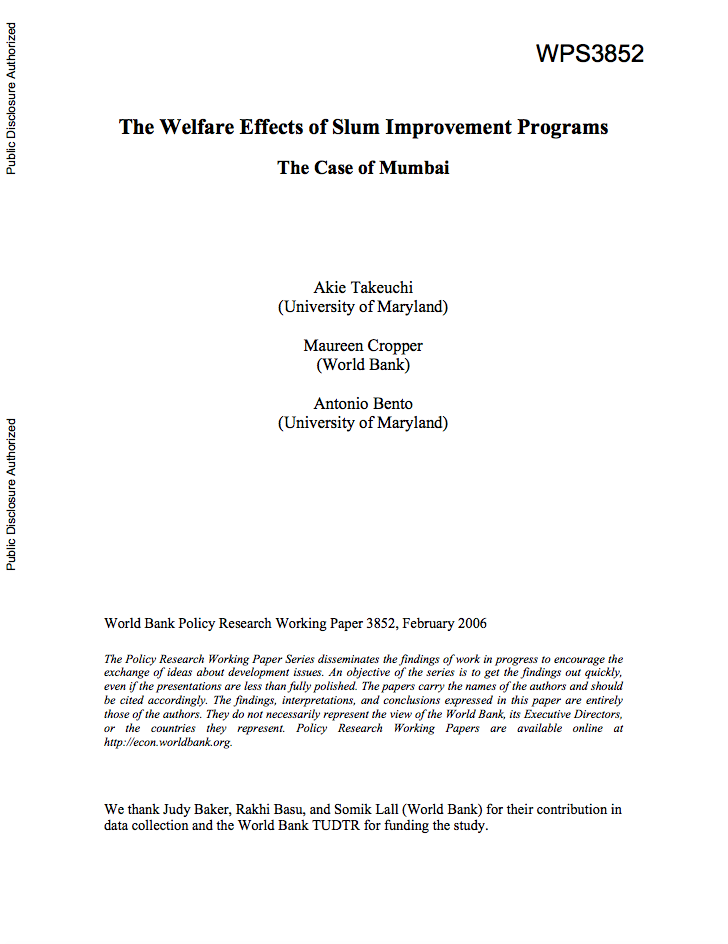A Ricardian Analysis of the Impact of Climate Change on African Cropland
This study examines the impact of
climate change on cropland in Africa. It is based on a
survey of more than 9,000 farmers in 11 countries: Burkina
Faso, Cameroon, Egypt, Ethiopia, Ghana, Kenya, Niger,
Senegal, South Africa, Zambia, and Zimbabwe. The study uses
a Ricardian cross-sectional approach in which net revenue is
regressed on climate, water flow, soil, and economic
variables. The results show that net revenues fall as


